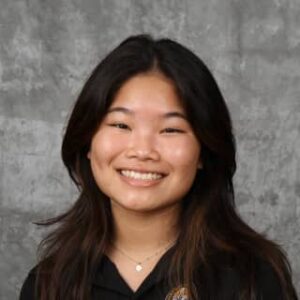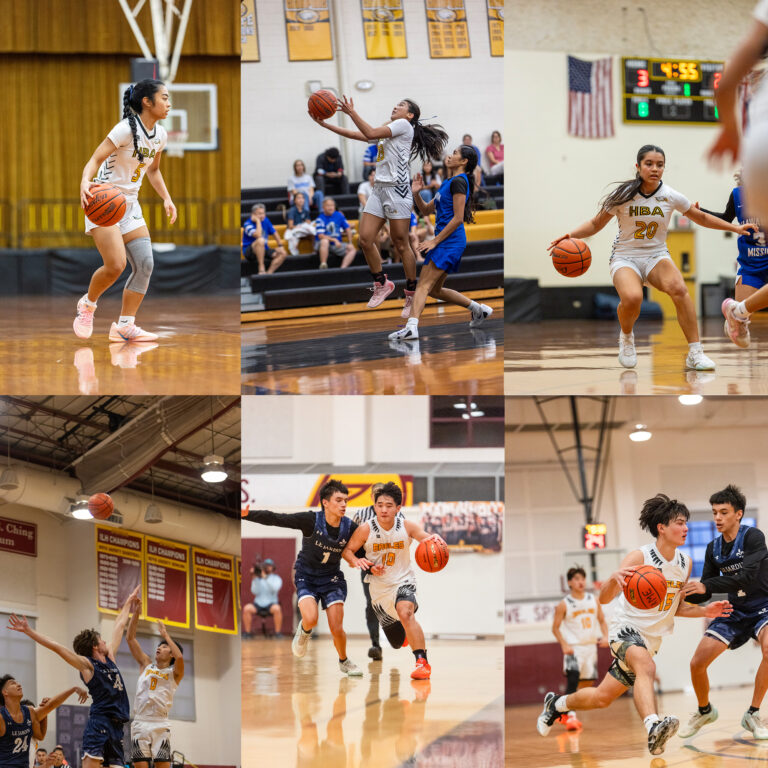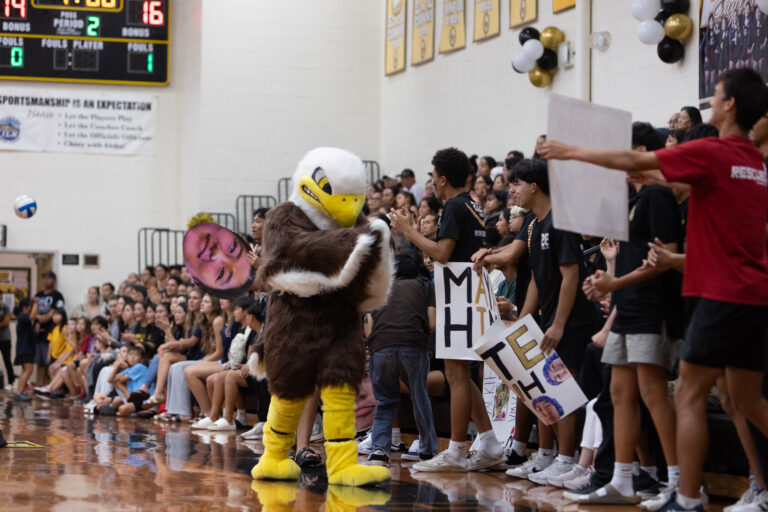As adulthood draws near, students face a pressing dilemma: choosing a career path.
Although the answer may be obvious to some, many teenagers and young adults struggle with the choice between following their heads and following their hearts. While the head calls for logical and practical career choices, the heart says their passions lie elsewhere.
Despite the benefits of having a steady salary or the approval of one’s parents, a survey of about 1,000 adults found that 15% of them changed their careers because they regretted following their head. On the other hand, pursuing passions that don’t result in traditional careers could land some in serious, real-life predicaments, such as financial debt from college loans they cannot repay because they can’t find a well-paying job in their area of interest. When college application season rolls around, high school students often find themselves weighing these factors in mind, agonizing over how they should approach their future.
Junior Ian Kubo is clever in all things STEM, but while his head tells him to pursue a STEM job, his heart beats for a career in middle school education. Explaining his motivation, Kubo said, “Middle school is a time where student’s habits are still forming, and if you’re a good teacher, you can shape the way they grow.” If he were to become a teacher, Kubo said he would want to teach either math or science, combining his interests and passions. However, Kubo admits that he is hesitant about a career in education, since teaching salaries are low compared to jobs in the STEM sector. For now, Kubo says he’ll keep his options open. He added, “There is always a need for teachers.”
Senior Bailey Pantil hopes to find herself in a courtroom within the next ten years, as she aspires to become a lawyer. In the meantime, she’s trying to get a headstart by joining the HBA Mock Trial team. However, Pantil admits that what she’s most passionate about actually has nothing to do with the law profession. When she’s not at school, animal breeding is what she devotes a lot of her time. Pantil is fascinated with animal genetics and has taken to breeding shrimp which, according to her, are “very reproductive.”

Despite how much she enjoys it, Pantil doesn’t consider animal breeding as a realistic career option for her in the future. “Breeding animals,” Pantil explained, “lacks the financial stability of becoming a lawyer.” From setting up one’s own private business to building a client base, starting an animal breeding business is a riskier venture than becoming a lawyer. In her experience, Pantil has found that the animal breeding market is competitive and hard to break into, since the majority of consumers already have their set breeders.
Pantil’s parents play an influential role in Pantil’s college and career plans. Whenever she mentions becoming an animal breeder to her parents, Pantil said that “they always have an iffy face about it.” If she were to become an animal breeder, Pantil believes that she “wouldn’t make her parents as proud compared to if she were a lawyer.” Knowing how much it cost her parents to send her to a private high school, Pantil feels the need to make sure her parents’ investment in her education produces practical returns in the future.

As a high schooler, history and theater teacher Anna Hamaguchi wanted to become a filmmaker. “I liked the idea of storytelling and using film as a medium,” said Hamaguchi. “There’s all these different aspects of film that go into storytelling. It’s not just the story, but it’s the costumes, the lighting, the editing, the music, and all these things coming together to create an experience for the audience.”
Hamaguchi’s interest in storytelling sparked a fascination with social justice, politics, and history. “I had this passion to create films and tell stories that had a message that would encourage people to be more involved with their communities.” she said. These two passions led Hamaguchi to double major in both film and history at the University of Southern California. However, nearing her senior year of college, Hamaguchi was still unsure of what kind of job she would seek after college. She eventually decided to work towards a teacher’s certificate as a financial back-up plan. Soon she began substitute teaching and was later hired as a high school teacher in California. “I really loved it,” said Hamaguchi, “I liked teaching, and I also felt like I could be very creative with it. Teaching is almost like a performance. A teacher has to tell stories and come up with creative ways to design lessons and things like that.”
Concurrently, Hamaguchi worked on her acting career. “It was something in me, God probably, that was just pushing me into acting,” she recalled. Little by little, she began auditioning for short films, taking headshots, and searching for agents. Hamaguchi eventually found acting jobs in New York and taught in Connecticut at the same time. A few years later, Hamaguchi and her husband decided to move to Hawaii.

In Hawaii, where her husband is from, Hamaguchi felt God pushing her to attend graduate school for acting. “I just knew I needed that for the heart aspect of my life. Like my heart, my soul. I needed to explore that artistic side of me more,” she said. Hamaguchi began a Master of Fine Arts program at UH Manoa and after she graduated, she was hired at HBA in 2018 and now teaches both History and Theater classes.
Looking back at her experiences, Hamaguchi offers this insight: “God makes you love something for a reason. There’s a reason why you get passionate about certain things, and I would say listen to that. Not necessarily because it has to translate into a career. You can be passionate about something and it doesn’t have to be a career. At some point in your life, it’s going to become useful. It’s all going to come together for something.”







